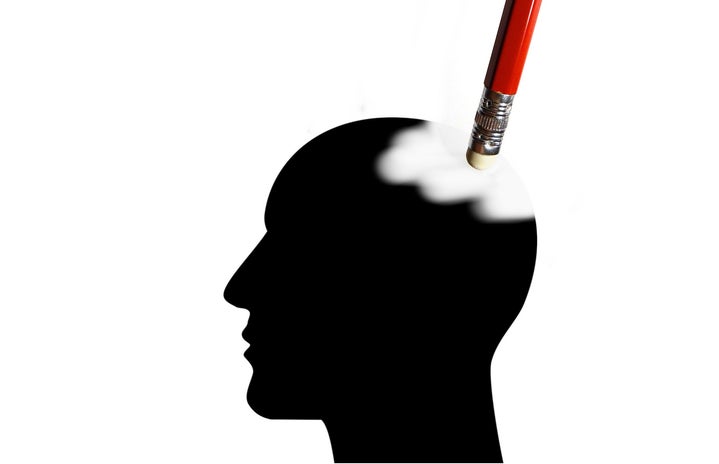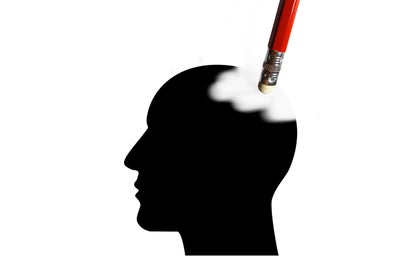Human behaviour spans a wide range, from profoundly good deeds to extremely vicious actions. Scientists and academics have been enthralled by the task of comprehending this intricacy for ages. Among them is the well-known neuroscientist and primatologist Robert Sapolsky, who has devoted his professional life to deciphering the secrets of human behaviour. Sapolsky illuminates the motivations behind both our greatest and worst actions via his studies.
When we are at our finest, people are cooperative, empathetic, and selfless. According to Sapolsky, these habits ⁸ a long history in our evolutionary past. He makes the argument that empathy and collaboration have been crucial to our survival as social animals by drawing comparisons with our ape kin. Human communities have flourished because of cooperative behaviours, which range from food sharing to alliance formation.
Sapolsky emphasises how prosocial behaviours are encouraged by neurotransmitters like dopamine and oxytocin. Often referred to as the “love hormone,” oxytocin promotes empathy and attachment. Research has indicated that elevated oxytocin levels can improve interpersonal generosity and trust. Similar to this, dopamine, which is recognised for its function in reward and pleasure, encourages selfless deeds by making them feel good.
Robert Sapolsky illuminates both the good and bad sides of human nature through his study of behaviour. He highlights the role that the environment plays in fostering beneficial behaviours, arguing that compassion and empathy can grow in a nurturing atmosphere. People can learn the importance of cooperation and mutual aid through socialisation and education, which can result in positive behavioural changes.
Sapolsky does, however, also explore human nature’s darkest side. When we are at our worst, we display aggressive, violent, and discriminating behaviours. He explores the intricate interactions between biological and social factors that lead to these undesirable behaviours.
Sapolsky’s observations make us stop and consider how difficult it is to strike a balance between our natural tendency towards kindness and cruelty. By comprehending the fundamental processes that underlie both constructive and destructive actions, we may work to create surroundings that promote kindness while reducing elements that encourage animosity. In the end, his work emphasises how critical it is to recognise the complexity of human behaviour and the necessity of continual initiatives to foster empathy and understanding in society.
Sapolsky looks at a number of important topics, including how stress can lead to aggressive reactions. Stress triggers the fight-or-flight reaction in the body, which releases adrenaline and cortisol. This reaction may be adaptive under acute circumstances, allowing for survival. On the other hand, persistent stress, which frequently results from trauma or societal injustice, can increase hostility and antisocial behaviour.
Additionally, Sapolsky talks about how cultural prejudices and societal standards shape bad behaviour. Discrimination and prejudice are taught attitudes that can be sustained by institutionalised oppressive institutions and socialisation. It is essential to comprehend how biology and culture interact in order to address and reduce detrimental behaviours in society.
To sum up, Robert Sapolsky’s work provides insightful understanding of the intricacies of human behaviour. He emphasises the connections between genetics, psychology, and society by looking at both our finest and worst tendencies. Although our genetic background tends to favour cooperation and empathy, social dynamics and external circumstances might influence us to act in an aggressive or discriminatory manner.
Sapolsky’s research serves as a helpful reminder of the value of empathy, comprehension, and group effort in creating a more just and compassionate world as we traverse the complexities of human behaviour. While facing the darker sides of our nature with reflection and empathy, we get closer to realising our potential for kindness and collaboration by solving the puzzles around our behaviour.

